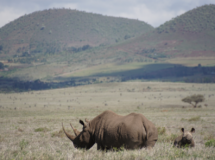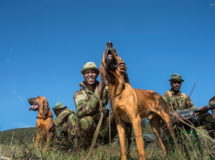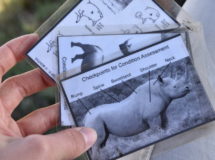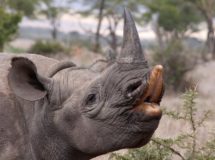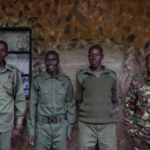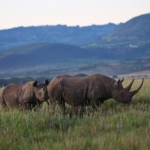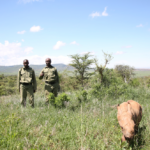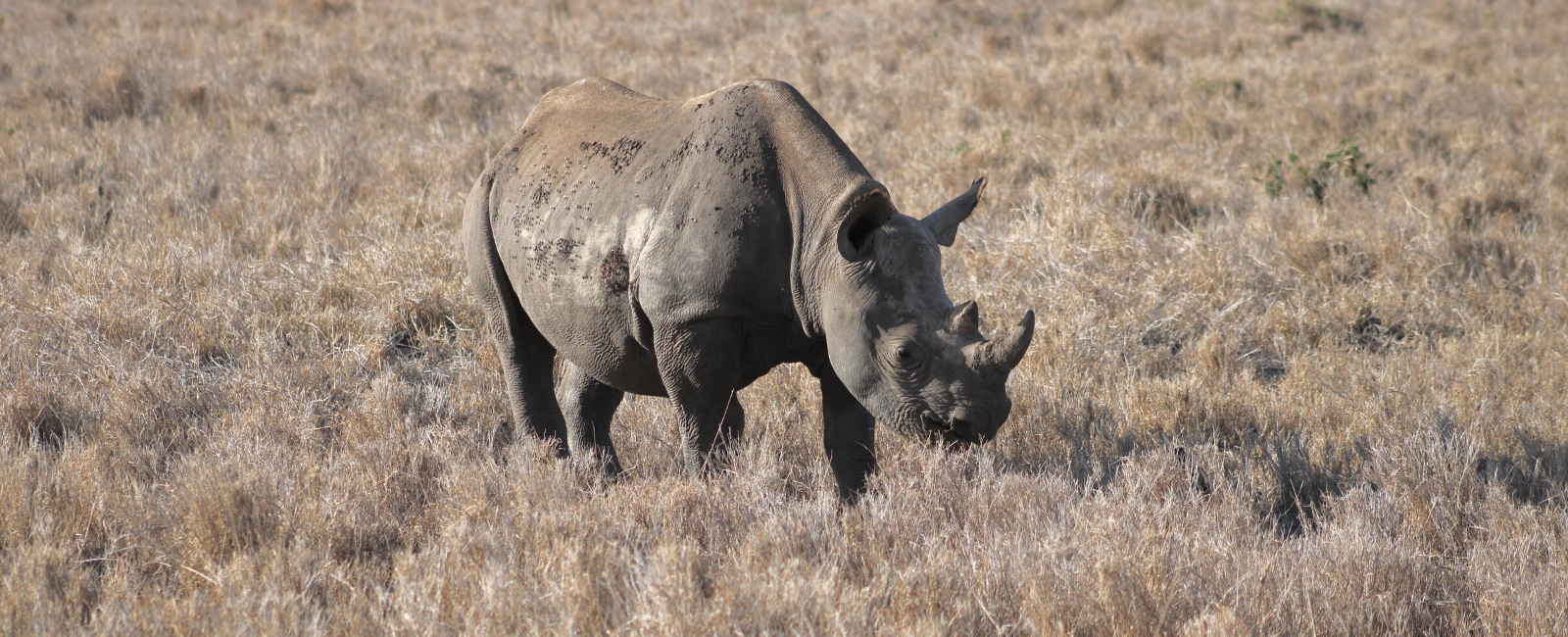
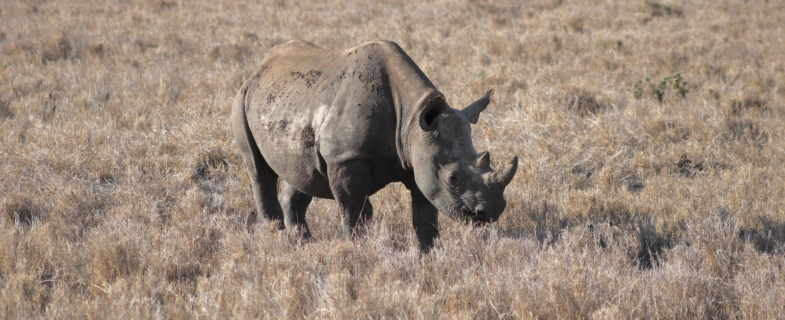
Kenya: Lewa Wildlife Conservancy
Lewa Wildlife Conservancy is a 62,000-acre wildlife conservancy and UNESCO World Heritage Site in Kenya’s Meru County. Formerly a cattle ranch, it began to support endangered black rhinos in the 1980s and was officially established as a wildlife sanctuary in 1995. From protecting rhinos, Lewa’s work has expanded to the conservation of many other species, as well as catalysing community-centric conservation across northern Kenya and beyond. In 2013, Lewa partnered with neighbouring Conservancy, Borana, dropping the bordering fenceline to incorporate a much larger landscape for wildlife, including rhinos, to roam safely.
The problem
In the 1960s, Kenya was home to an estimated 20,000 black rhinos. Two decades later, poaching had decimated the population to less than 300. Since this time, Lewa has been a sanctuary for black rhinos, aiming to be a safe area for new generations of the species to thrive. Today, black rhinos in Kenya are increasing, but the threat of poaching remains.
Unfortunately, two rhinos were poached at Lewa Conservancy in December 2019. Thankfully, Lewa has recorded zero rhinos poached since this incident, yet the teams remain on high alert, proactively deterring poaching before any animal is killed.
How is Lewa Wildlife Conservancy tackling this problem?
Protecting rhinos was the catalyst that led to Lewa’s founding. Since 1983, Lewa has provided a home for rhinos, supporting their population growth inside and outside of the Conservancy boundary, by translocating rhinos into new, or previously inhabited areas.
Lewa’s anti-poaching work, in line with its philosophy, is centred around people. Crucially, Lewa works closely with communities, supporting their daily lives and including local people as the first line of defence against poaching gangs. Lewa also recognises the importance of having a well-trained and motivated ranger team, providing all rangers with safe and effective equipment so that they can do their jobs well every day, and ensuring all members of the team are regularly trained to improve and embed vital skills needed for their difficult jobs.
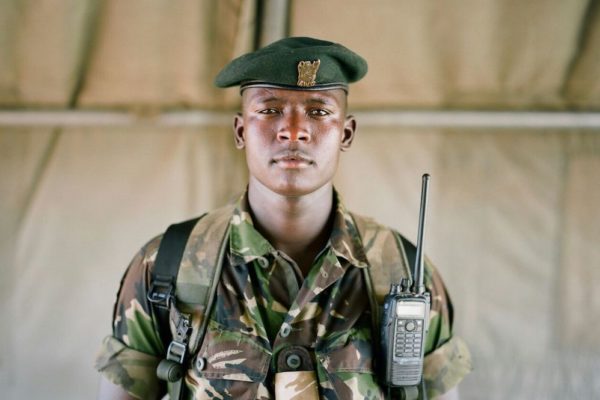
Joseph Prioris, 3rd in charge of the Anti-Poaching Unit and Commander of Lewa’s Canine Unit
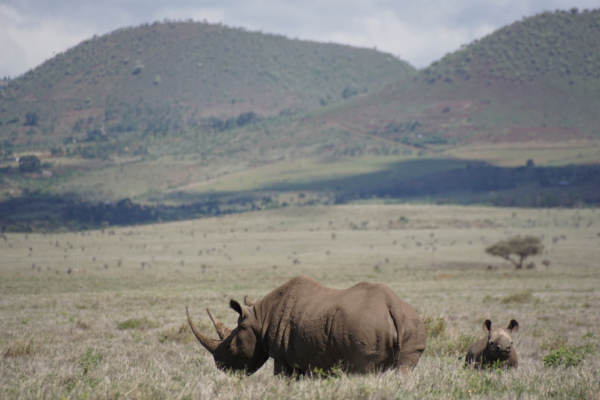
Black rhino Anna and her calf at Lewa
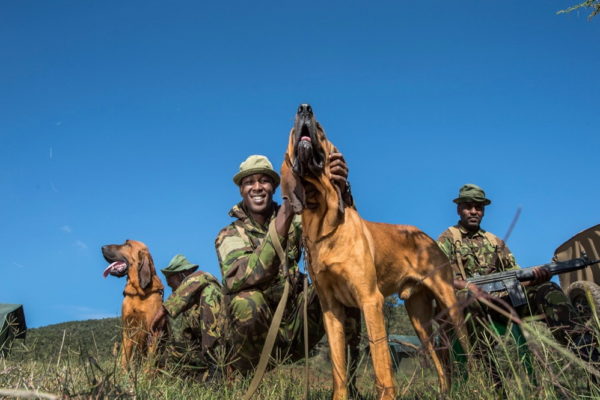
Lewa Conservancy's canine unit
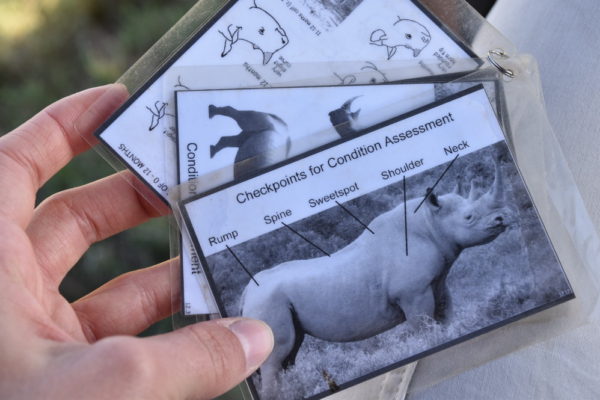
Tracking and monitoring Lewa's rhinos is crucial.
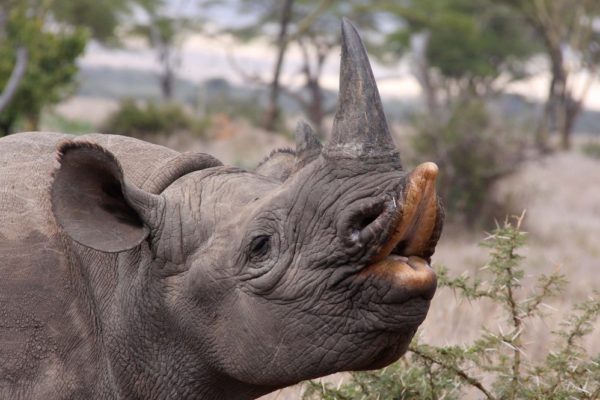
Black rhino at Lewa
“The Lewa Canine Unit has achieved great impact over the years. The dogs not only support anti-poaching work on the Conservancy, they are also often called upon to support in follow-up to criminal activities in the neighbouring communities. Every year, they have helped our rangers and local law enforcement authorities recover hundreds of stolen livestock, saving the affected farmers from financial ruin. The dogs have also helped track road bandits, robbers, illegal fire-arm holders and more. “We take good care of them, and the handlers are people who love dogs. We feed them well, ensure that they live in clean kennels, and that they are taken out for walks and training daily. Our vet constantly checks on them to make sure they are healthy.”
Joseph Piroris, Head of Lewa’s Canine Unit
Our work
Save the Rhino International has supported rhino conservation efforts at Lewa Conservancy since 2010, providing funds to improve ranger training and equipment. Most recently, our grants have helped to ensure Lewa’s anti-poaching teams could continue their vital efforts throughout the Covid-19 pandemic, provide funding for aerial surveillance and intelligence gathering, support Lewa’s canine unit, and ensure Lewa’s National Police Reservist rangers could recieve advanced training to support their work in the field.
Community-Based Conservation at Lewa Wildlife Conservancy
 Protecting Rhinos
Protecting Rhinos
 Reducing Illegal Horn Trade
Reducing Illegal Horn Trade
 Involving Communities
Involving Communities
 Bringing Experts Together
Bringing Experts Together




